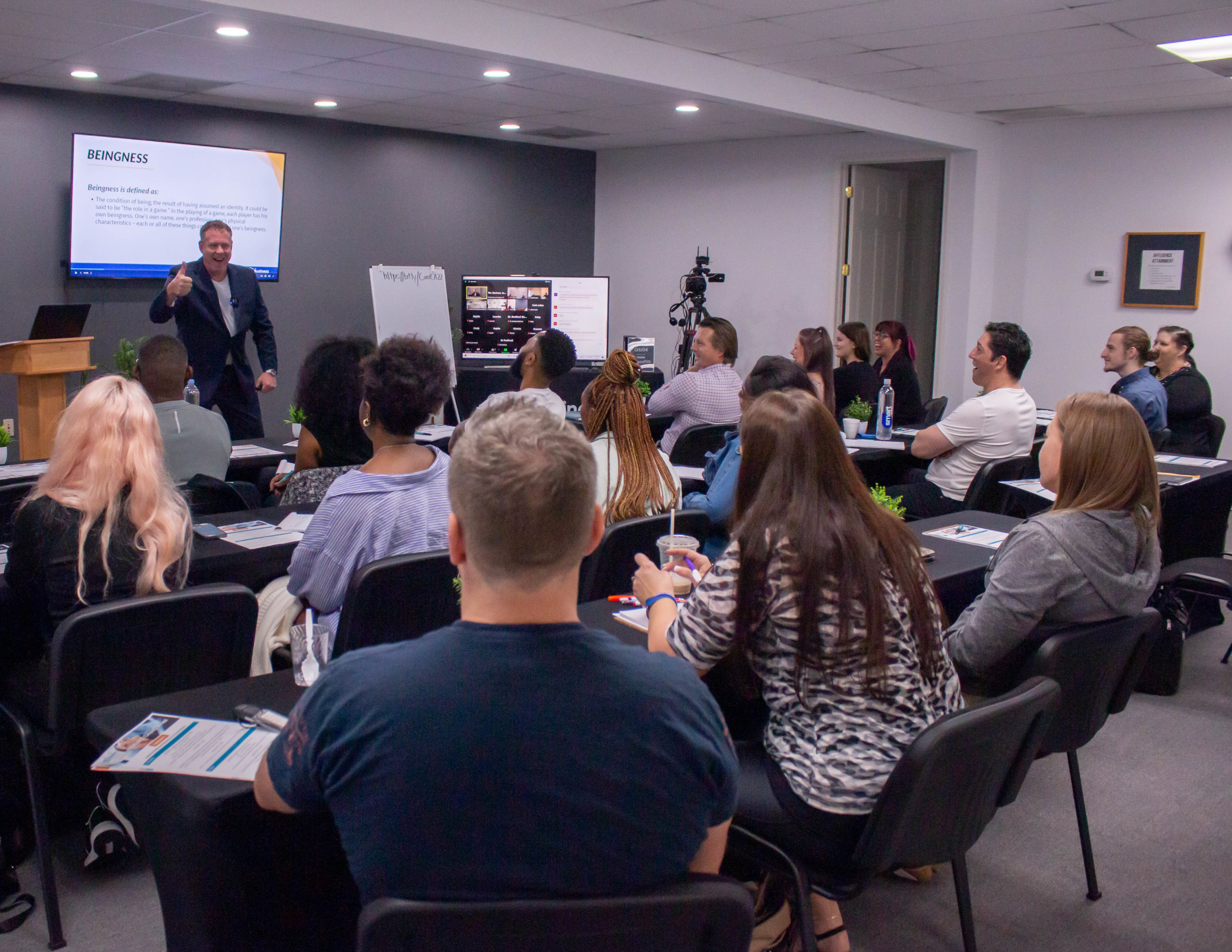Firstly, I want to emphasize the importance of a robust report of findings (ROF) process. Educating your patient and guiding them up the awareness scale from the get-go significantly reduces objections. Additionally, a solid day one and day two process is crucial in minimizing these hurdles. However, objections are inevitable, and the only objections you will encounter are:
The Five Common Objections
- Money: Often the most anticipated objection.
- Time: Concerns about the time and commitment involved.
- Product or Service: Doubts about the efficacy or suitability of the service.
- Stalls: Expressions like “Let me think about it” or “I need to talk to my spouse.”
- Unvoiced Objections: Stemming from a lack of trust or a failure to communicate.
At The Business Academy, we’ve developed 75 different ways to handle these five objections.
I want to share some strategies that have proven particularly effective for me, especially regarding financial objections. I also host a bi-weekly webinar that is completely free to attend where I get into much greater detail on handling objections and getting up to an 80% Patient Acceptance Rate..
Dealing with Financial Objections
Suppose a patient is presented with a cost of $5,000 for a service. I often introduce our pay-in-full program, which offers a 10% discount. This approach not only presents a saving opportunity but also sets the stage for further negotiation. Once the cost is presented, I adhere to a few crucial rules:
- Stop Talking: After stating the cost, silence is golden. The first person to speak generally concedes ground.
- Simplify Options: Offering too many choices leads to confusion. Present one option at a time to keep the decision process straightforward.
- Seek Agreement: Whatever the patient’s response post-cost presentation, I aim to agree with it.
Agreement fosters more open communication. For instance, if a patient remarks on the high cost, I acknowledge it and gently steer the conversation back to them, asking how they wish to proceed.
Often, this approach leads to discussions about payment plans, which we are more than ready to accommodate. The final piece of advice I’d like to share involves dealing with persistent objections. If a patient repeatedly voices a particular concern, I see it as a genuine barrier they’re facing. In such cases, I remind them of their initial reasons for seeking care. For example, if the objection is about the cost, I discuss the potential future expenses of an untreated condition, emphasizing that addressing it now is more cost-effective.
If you need more help with setting up payment options or if you’re like us and prefer to have a healthy practice that does all cash collections – completely freeing you from the trap of Medicare then I highly recommend you get your free consultation from my business partner Quentin.
With just 30 minutes of your time he can greatly help you steer in the right direction.
Handling Persistent Objections
If an objection is repeated, it indicates a genuine concern. Remember, the objection a patient presents is often the very reason they should opt for the service. This perspective can turn the conversation around significantly. Remind the patient of their initial reasons for seeking care. For example, if a patient is concerned about the cost, highlighting the potential future expenses of untreated conditions can help them see the value in the service.
Communication Techniques
I advise agreeing with the patient’s statements to maintain open communication. For example, if a patient comments on the expense, like in the example above, acknowledging their viewpoint can keep the conversation going. Treating objections like complaints and gently redirecting them back to the patient can often lead to a resolution. I cover how to handle objections and how to communicate effectively with new and current patients in my Seminar Communication and Closing…
I hope these insights assist you in your patient interactions. For more information or guidance, please feel free to reach out to The Business Academy. Looking forward to our next video!
Dr. Gary Rademacher founded Downtown’s Healthcare in Denver in 1997, eventually growing that chiropractic practice to 600 patient visits a week. In 2011, he integrated medical providers into his office, believing that the combination of chiropractic and medicine would provide the best care for his patients. He fully believes in the innate power of the body’s ability to heal itself and that medication and surgery should be a last resort. Dr. Rademacher received the Colorado Chiropractic President’s Award in 2011 and currently co-owns The Business Academy and owns My Injection Training a medical training company that has trained over 200 medical providers on ultrasound guided joint injections.









